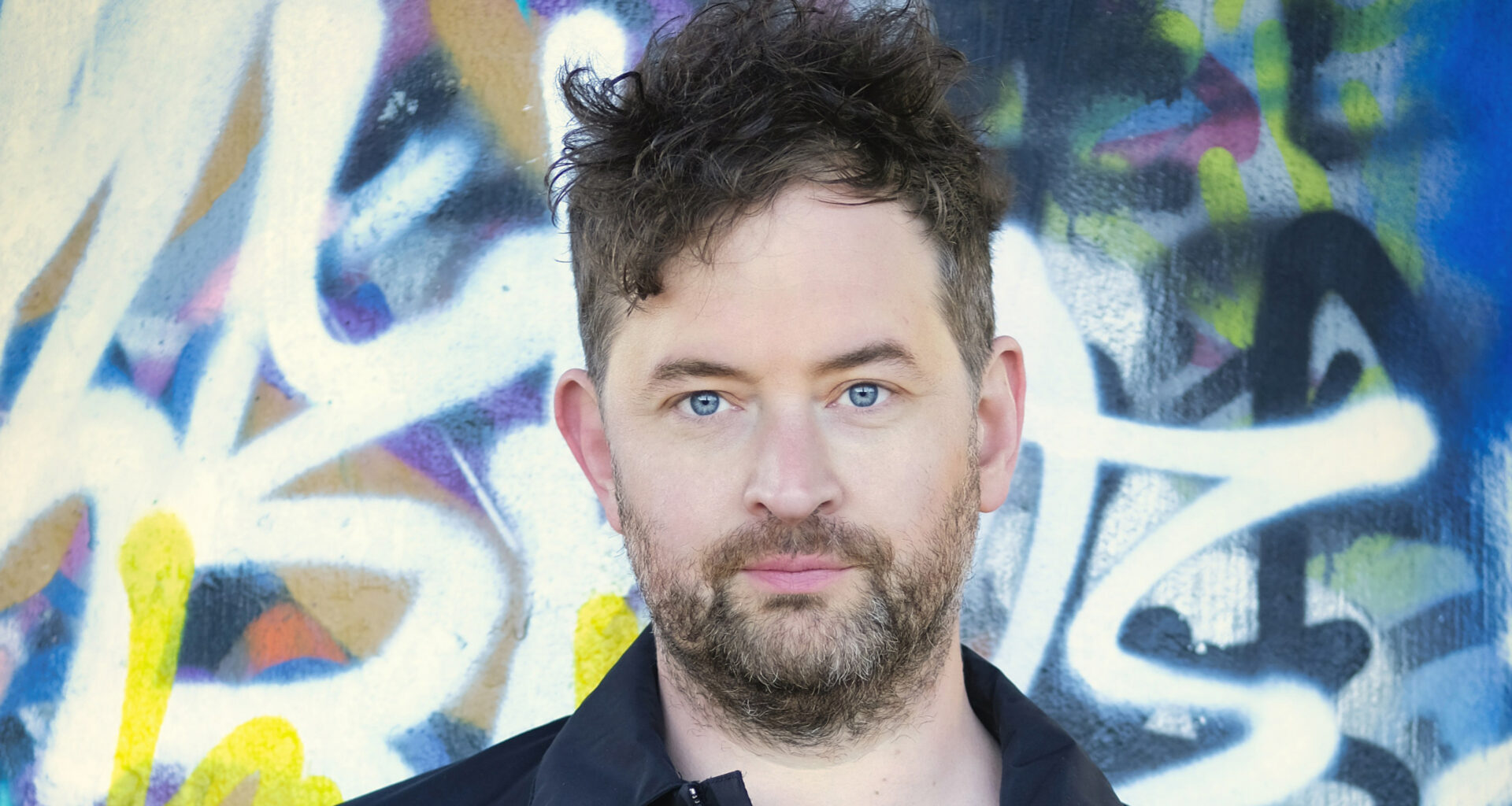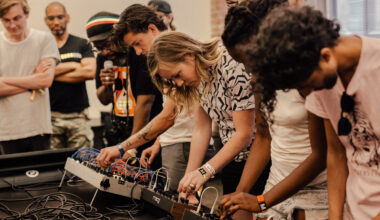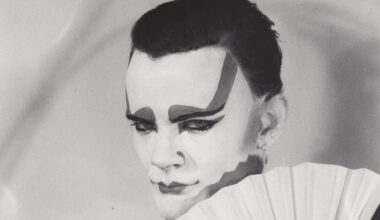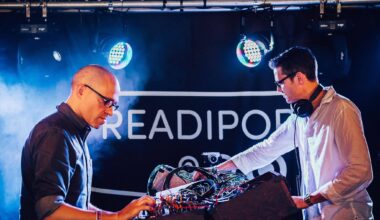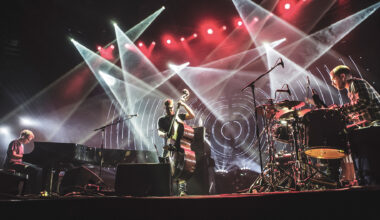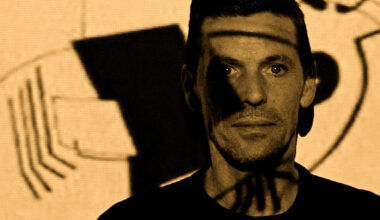With guest appearances by Clark and Wizard Apprentice, Nathan Fake’s latest release is a euphoric rush of techno, house and even jungle hues. Get thee to a dancefloor!
Want to read more?
Sign up to Electronic Sound Premium to gain access to every post, video, special offers, and more. 100%, all you can eat, no commitment, cancel any time.
Already a premium member? Log in here
